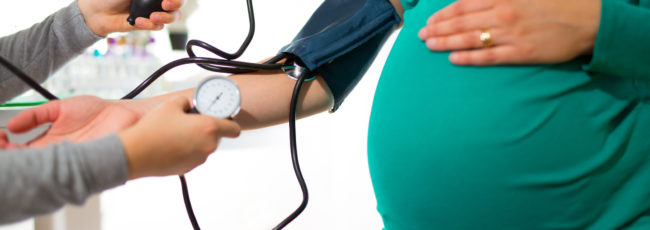Prenatal care is incredibly important for both the mother and baby. Make sure to make and keep regular prenatal appointments.
How Often Will I Have Doctor’s Appointments?
At the beginning of your pregnancy, as long as there are no complications, you will visit the doctor every four weeks. Once you reach 30 weeks, you will visit the doctor every two weeks. At 36 weeks, you will begin to see the doctor once a week up until delivery. If you have a regular vaginal delivery, you will see the doctor 6 weeks after delivery for a postpartum check up. If you have a cesarean delivery, you will see the doctor 2 days after delivery to have your staples removed. Then you will see the doctor at 2 weeks for a wound check. 6 weeks after delivery you will come in again for your postpartum visit.
For a Healthy Pregnancy:
- Every Four Weeks. From beginning up to 30 weeks.
- Every Two weeks. From 30 to 36 weeks.
- Once a Week. From 36 weeks up to delivery.
- Six Weeks Postpartum.
For a High Risk Pregnancy:
- You will visit Maternal Fetal Medicine as necessary.
- You will have routine prenatal visits with your regular doctor as necessary.
What Prenatal Tests Will Be Done?
There are several common prenatal tests that are routinely done during pregnancy.
- Urine Dip. At every visit the doctor will do a urine dip to check for glucose and protein in your urine.
- Pap Test. If it is time for your pap, the doctor will do a pap smear. For women ages 21 to 65, a pap test is recommended every three years, unless a previous result requires a test every year.
- STD Test. A routine screen is done to test for chlamydia, and gonorrhea.
- First Trimester Blood Test. This test is done during the first trimester (before 12 weeks) and screens your blood for:
- Blood type
- RH factor
- Anemia
- Rubella immunity
- Heb B
- HIV
- Syphilis
- Quad Screen. This is a genetic test done between 16-18 weeks, which tests for down syndrome, trisomy 18, and neural tube defects.
- Glucose Screen. This is a test done at 28 weeks to determine if you have gestational diabetes. You will need to fast for 2 hours before the test.
- Group B Strep. This test will determine if you have group B strep. If the test is positive, you will be given antibiotics during delivery.
- Other Tests as needed:
- HCG. This tests the amount of HCG in your blood. It is secreted by the placenta when you are pregnant. This test may be required to determine if your HCG levels are rising.
- Progesterone. This is a hormone that helps maintain pregnancy. Your doctor may want to monitor your progesterone level if circumstances indicate the need.
What Happens at My Prenatal Visits?
At every visit the doctor will request a urine sample. You will also be weighed and your blood pressure taken. The doctor may also measure your abdomen and check the baby’s heartrate. At some visits the doctor may do an ultrasound. At every visit the doctor will talk to you about your pregnancy. Take the opportunity to ask the doctor any questions you may have. Depending on the visit the doctor may also do prenatal testing, or a breast exam.
What do I do if I am Having a Problem?
If you are pregnant and have a concern, give the office a call. Depending on the situation, the doctor may want to have you come in for an appointment.
When Can I Determine the Baby’s Gender?
Typically the baby’s gender can be determined by ultrasound around 20 weeks. Genetic testing can also determine the gender earlier if desired.
What Do I Do When I Am in Labor?
If you think you may in labor, call the doctor’s office, and then go to labor and delivery at Good Samaritan Hospital. If it is after office hours, the doctor can be paged. Dr. Barton is affiliated with Good Samaritan Hospital and can only deliver your baby if you go to labor and delivery at Good Samaritan Hospital. Do not go to a different hospital.
Can I Keep Working?
In most healthy pregnancies, women can work for as long as they choose, right up until delivery if that is their preference. However, if you have a high risk pregnancy or problems have occurred, the doctor may recommend that you stop working. This is determined on a case by case basis.
Can I Use Medication While Pregnant?
If at all possible, it is preferable that no medication is used during pregnancy. It is safe to use the following medications while pregnant:
- Tylenol (regular strength). Use as directed.
- Antacids. Tums.
For all other medications, please contact the doctor before using.
How Do I Get FMLA Paperwork Filled Out?
Please fill out as much of the paperwork as possible and then bring it into the office. Please do not have your work fax us the paperwork.
